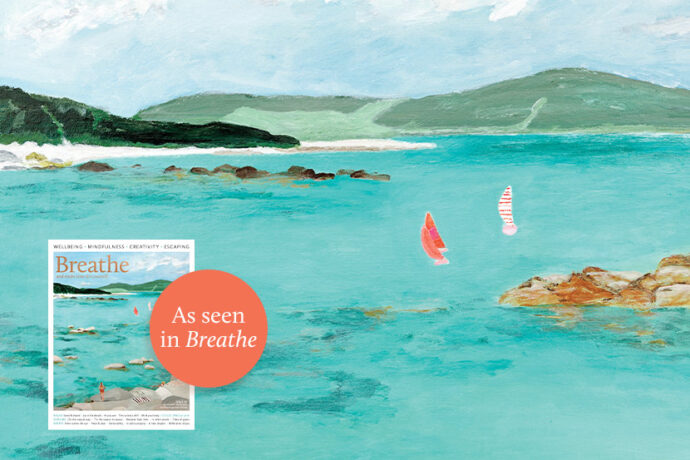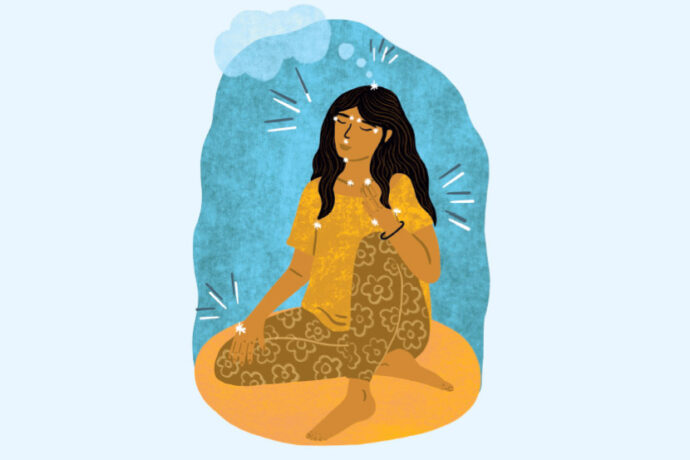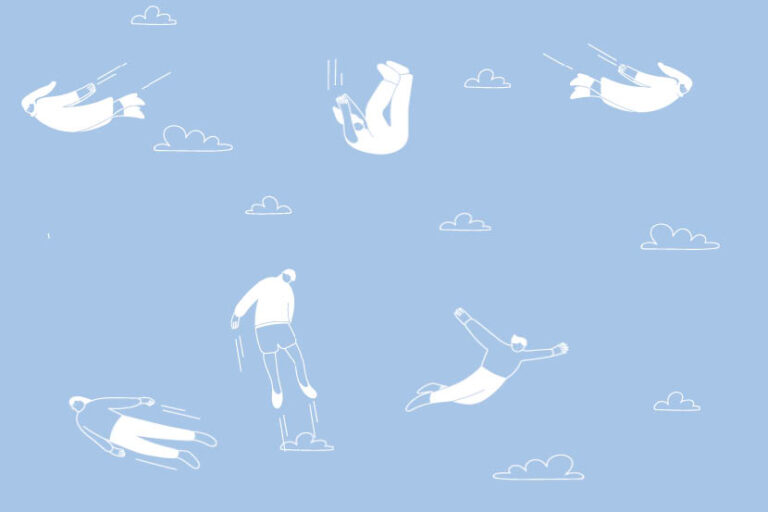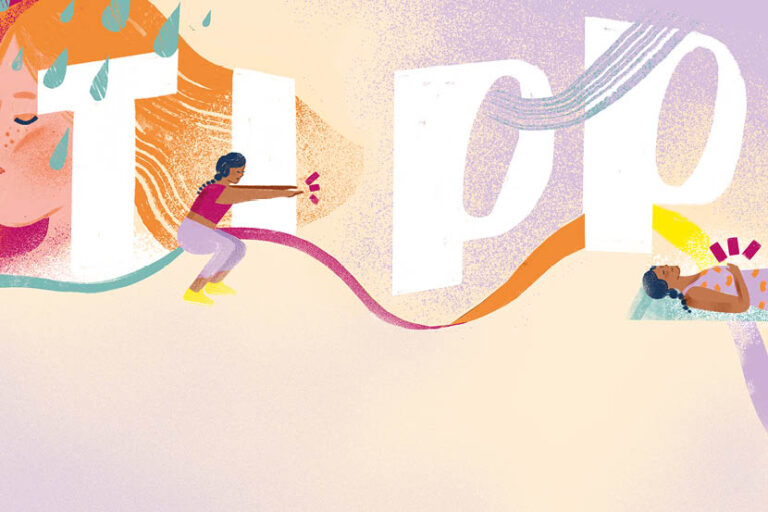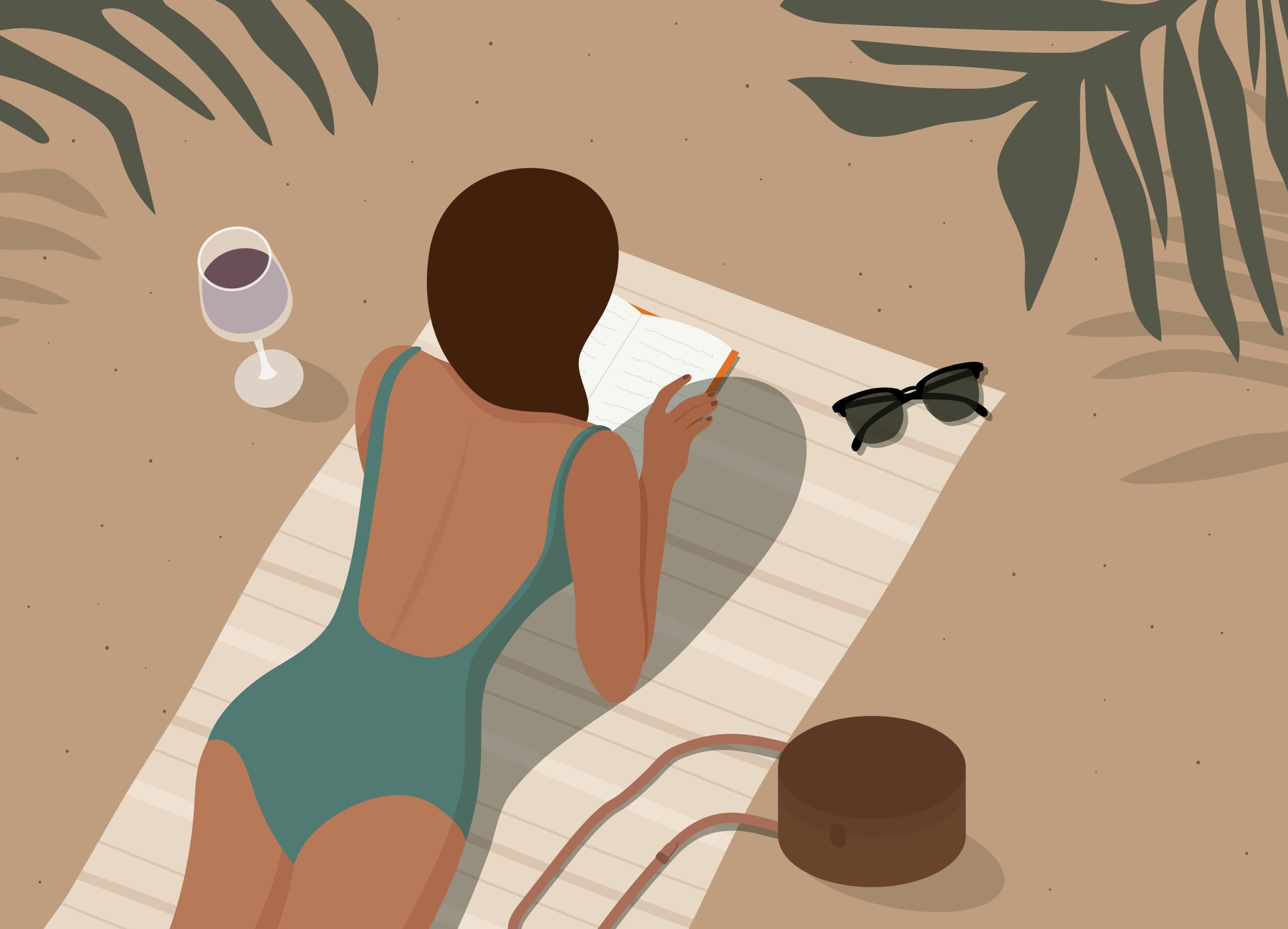
How to explore far and wide without stepping outside your front door
As anyone who has stayed up late into the evening with a good book knows, it’s easy to become entirely absorbed by a captivating novel. While it’s often a deft opening line, an intriguing character, or a mystery to be unpicked that initially hooks the reader, it’s the all-embracing description of place that reels them in and takes them to a world far removed from their current reality. Using the five senses, books introduce us to new towns, new countries, new people. It’s an unparalleled experience, a way to explore the world without ever having to leave our front door.
Immersive literature uses the reader’s own mind to create a three-dimensional experience, including taste, smell, sensation, and texture to a degree unsurpassed by other media. Authors are able to take their reader through a landscape and on a journey without the necessity of a fixed destination.
Books also provide a respite from the everyday even when their characters are challenging or their stories are based on real-life events. Bibliotherapist and book curator Bijal Shah, who prescribes literature as a form of therapy, highlights the common experience that reading provides – a vehicle for truly losing yourself. ‘In a book you become a passer-by who is able to watch a story without being connected to it,’ she says. ‘You feel free when reading a book. It’s liberating to make judgements without consequence. You can empathise with a character without being wary of that person.’ As a bonus, the concentration and focus it requires also makes it a stress-busting exercise, whether you’re sitting in your living room or lying on a picnic rug at the park.
‘You feel free when reading a book’ – Bijal Shah
This is because reading is so much more than a single activity; a book offers a 3D experience. Natalia, a business psychologist, expands on this theme, pointing out that while every action in the brain is localised, reading uses a number of those individual actions simultaneously. ‘It activates a number of systems including visual, auditory, fluency and comprehension,’ she says.
On top of this, separate research suggests that reading about certain situations or experiences activates the brain in the same way as if we were actually doing them. ‘As far as our brain is concerned, reading transports us to a world that we are experiencing,’ says Natalia.
She highlights one study at Carnegie Mellon University, Pennsylvania, in which the brains of eight people were scanned as they read a chapter in Harry Potter where the young wizard has his first flying lesson. The researchers discovered that the sequence activated the part of the brain connected with motion. While it’s still unclear as to exactly how this connection is created, it goes some of the way to explaining why books can be so compelling – they can enable the reader to experience real-life situations via imaginative writing, transporting them to a different time, a different place, a different world.
Take, for example, Barbara Kingsolver’s The Lacuna, a fictional tale of a young American boy called Harrison Shepherd who ends up working in the home of the artists Frida Kahlo and Diego Rivera in Mexico City in the 1930s. Told via the protagonist’s journal entries, the first-person narrative draws you in with its details of the city and everyday life. From the azure blue walls of their shared home and the shaded streets of suburban Coyoacán, to the bustling markets and sizzling street vendors, the author delivers you to the Mexican capital.
In a similar vein, My Brilliant Friend – the first of Elena Ferrante’s four Neapolitan novels that chart the lives of two childhood best friends, Elena and Lila – takes the reader on a trip to southern Italy. Set in a deprived neighbourhood of Naples in the 1950s, Ferrante’s description of the maze of narrow streets, tinier alleyways, arguments across balconies, and children playing on street corners offers an immersive dive into the gritty reality of the post-war period.
Books can be so compelling – they can enable the reader to experience real-life situations via imaginative writing, transporting them to a different time, a different place, a different world
The best descriptive prose often uses the five senses to evoke a particular place. Scent, the oldest and most powerful of the five, arguably has the greatest power to transport the reader. Just think of the whiff of a favourite childhood recipe or the aroma of a teenage perfume and the emotions it conjures up. Experiencing scent through writing can have an equally potent effect. In fact, one study found that when participants read odour-related words like garlic, cinnamon, or jasmine, the primary olfactory cortex (the area of the brain that processes smell) lit up.
For instance, in her semi-autobiographical novel The God of Small Things, Arundhati Roy takes her reader to the southern Indian state of Kerala with scent-led descriptions of local flowers, monsoons, and the central family’s pickle factory. Combined, they provide a richly textured picture, and one that doesn’t spare the olfactory system from less pleasant odours either, including rubbish and decaying fish.
The direct experience of meeting new people is arguably one of the hardest areas to replicate in fiction. Even here, however, there is evidence that literature can satisfy some of the need for real-world social interactions. One study from the State University of New York at Buffalo found that after reading for half an hour, students reported feeling similar feelings of satisfaction as they would have in real life.
Total immersion in a good book can’t replace the things that make life and travel so special – the unexpected conversations, the disasters that end in laughter, the friends you keep forever – but it’s a tiny escape without ever having to leave home.
Sensory sensations
Here are just a few of the many titles that will lead you into other worlds.
Captain Corelli’s Mandolin by Louis de Bernières
Set on Cephalonia during the Italian and German occupation of World War Two, the beauty of this Ionian island and the strength of its people remain as the reality of war tries to tear it apart. Love – both platonic and romantic – is the core, but the Greek island is the star.
‘The first thing that struck me was the painful clarity of the light. I suppose that it would be ridiculous to maintain that the air in Cephalonia has no density, but the light is so pellucid, so pure, that one is temporarily blinded and overwhelmed, and yet one feels no pain.’
Half of a Yellow Sun by Chimamanda Ngozi Adichie
The second novel from Nigerian author Adichie takes you to Biafra, a state in West Africa that existed only between 1967 and 1970. Charting the life of three central characters amid Biafra’s often overlooked struggle to remain independent and the violent civil war that ensued, Adichie uses local languages and evocative and unflinching sensory descriptions to take the reader to a place of intelligence, passion, and ultimately famine and destitution.
‘Another woman with a baby tied to her back was washing peeled cassava tubers in a pan of filthy water. Her baby’s face was wrinkled. Ugwu nearly choked when he came close and realised that the rotten smell came from her water: it had previously been used to soak cassava, perhaps for days, and was being reused. The smell was awful, nose-filling, the smell of a dirty toilet and rancid steamed beans and boiled eggs gone bad.’
The Bastard of Istanbul by Elif Shafak
Telling the interwoven histories of two girls and their families, one Turkish, one Armenian-American, this is a vivid and colourful portrayal of the historic Turkish city. Each chapter is titled with a different food – orange peel, pomegranate seeds, dried figs – a nod to the sensory experience of visiting Istanbul.
‘On the way to Café Kundera, they took the ferry so that Armanoush could see the city in all its vastness and splendour. Like the ferry itself, its passengers too had an air of lassitude, which was quickly swept away by the sudden wind when the huge vessel veered into the azure sea. The hum of the crowd inside amplified for a full minute, and then it dwindled to a monotonous drone to accompany other sounds: the clatter of the outbound motor, the splash of waves, the shrieks of seagulls.’
The Wind-Up Bird Chronicle by Haruki Murakami
Starting out as a detective story and becoming so much more, this Murakami novel takes the reader on a journey through Tokyo from the skyscraper buildings and the buzzing neon-lit Shinjuku district to the peace and calm of Imperial Gardens and the city’s many tearooms.
‘The sight of the crowds in Shinjuku Station I found overwhelming. The flow of people took my breath away and even made my heart pound to some extent – and this wasn’t even rush hour! I had trouble making my way through the crush of bodies at first. This was not so much a crowd as a raging torrent – the kind of flood that tears whole houses apart and sweeps them away. I had been walking only a few minutes when I felt the need to calm my nerves. I entered a café that faced the avenue and took a seat by one of its large glass windows. Late in the morning, the café was not crowded. I ordered a cup of cocoa and half-consciously watched the people walking by outside. I was all but unaware of the passage of time.’
Rebecca by Daphne du Maurier
The gothic manor house of Manderley with its overgrown rhododendrons makes an ideal backdrop for this classic suspense novel about a young gauche woman whose surprise marriage to widower Maxim de Winter is overshadowed by the powerful presence of his late wife Rebecca and vicious housekeeper Mrs Danvers. The rough seas and turbulent mists of the wild Cornish coast enhance the tale of foreboding, self-doubt, and untold secrets.
‘…even now, because of the high wind, there was a mist upon the windowglass, as though someone had breathed upon it. A mist salt-laden, borne upwards from the sea. A hurrying cloud hid the sun for a moment as I watched, and the sea changed colour instantly, becoming black, and the white crest with them very pitiless suddenly, and cruel, not the gay sparkling sea I had looked on first.’
Words by Elizabeth Bennett

